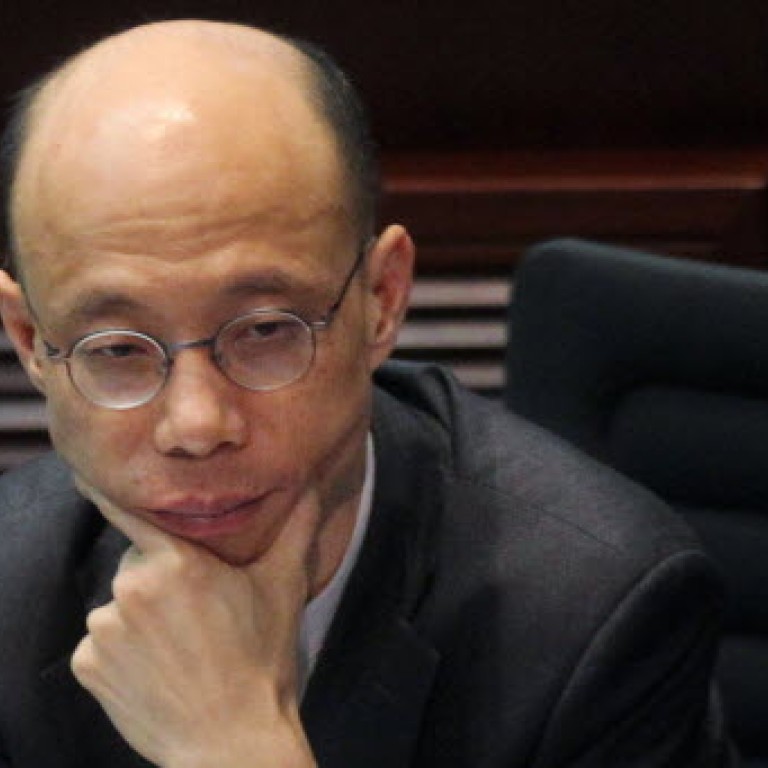
Plan to grow profits from food waste
A proposal to expand landfills for future waste management has prompted lots of argument.
A proposal to expand landfills for future waste management has prompted lots of argument.
Secretary for the Environment Wong Kam-sing says the government takes waste management seriously and has promised to promote recycling efforts. We feel there is an urgent need to increase education and compliance in recycling, because dumping rubbish into landfills is not a long-term solution.
Hong Kong has acquired the reputation of being the most wasteful city in Asia despite the recycling rate having recently risen to 48 per cent. On average, each person in Hong Kong generates 1.36kg of trash daily, compared to 1kg in Taipei, 0.95kg in Seoul and 0.77kg in Tokyo.
Wet kitchen waste (for example, eggshells, tea leaves and coffee grounds) is not considered by the government as "green waste" and thus ignored for recycling. For a long time in Hong Kong, waste from the construction industry and electronic devices has been recycled. Newspaper, glass and plastic bottles are officially considered green waste.
Wet kitchen waste could be recycled creatively. One way is to turn it into organic fertiliser which could grow better and healthier crops in an environmentally friendly way. Also, people should be educated to recycle wet kitchen waste for home gardening.
Separating such waste may be time-consuming and troublesome. But back in the 1950s in Hong Kong, people who were given a name in Chinese which translated as "waste food collector", collected leftover food door to door and it was used to feed pigs and other farm animals. Today, everyone ignores the many benefits of wet kitchen waste.
Creative use of waste resources is conducive to a stronger economy. Wet kitchen waste could be sold for HK$10 per kg. Newspaper and cardboard collectors could be hired to collect it, as in the old days, and then deliver the produce to end users, such as organic farms, for processing. In this way kitchen waste, like other recyclables, can be turned into financial profits.
We hope the government will consider our idea rather than spending billions of dollars on the controversial landfill expansion plan.
